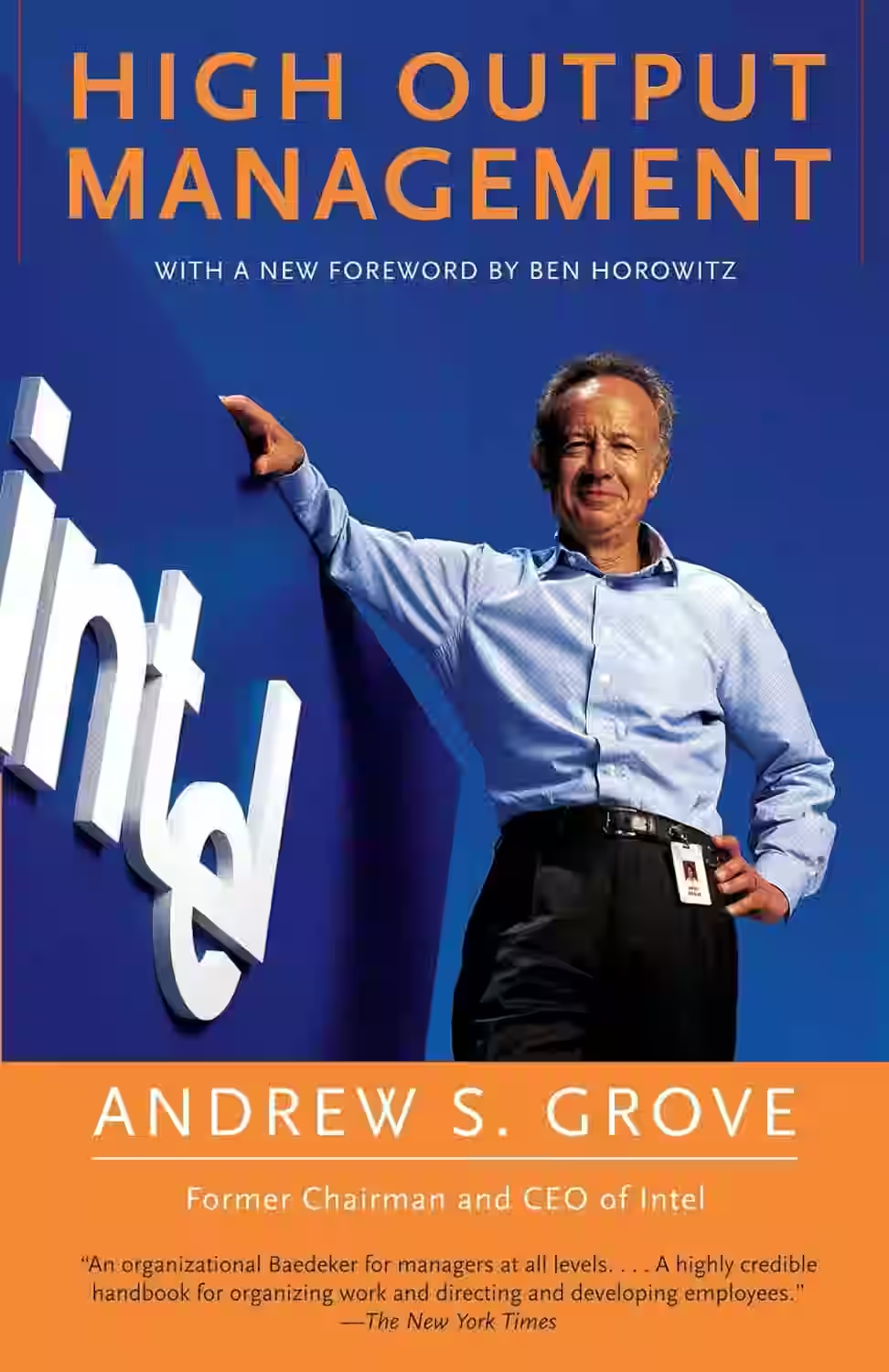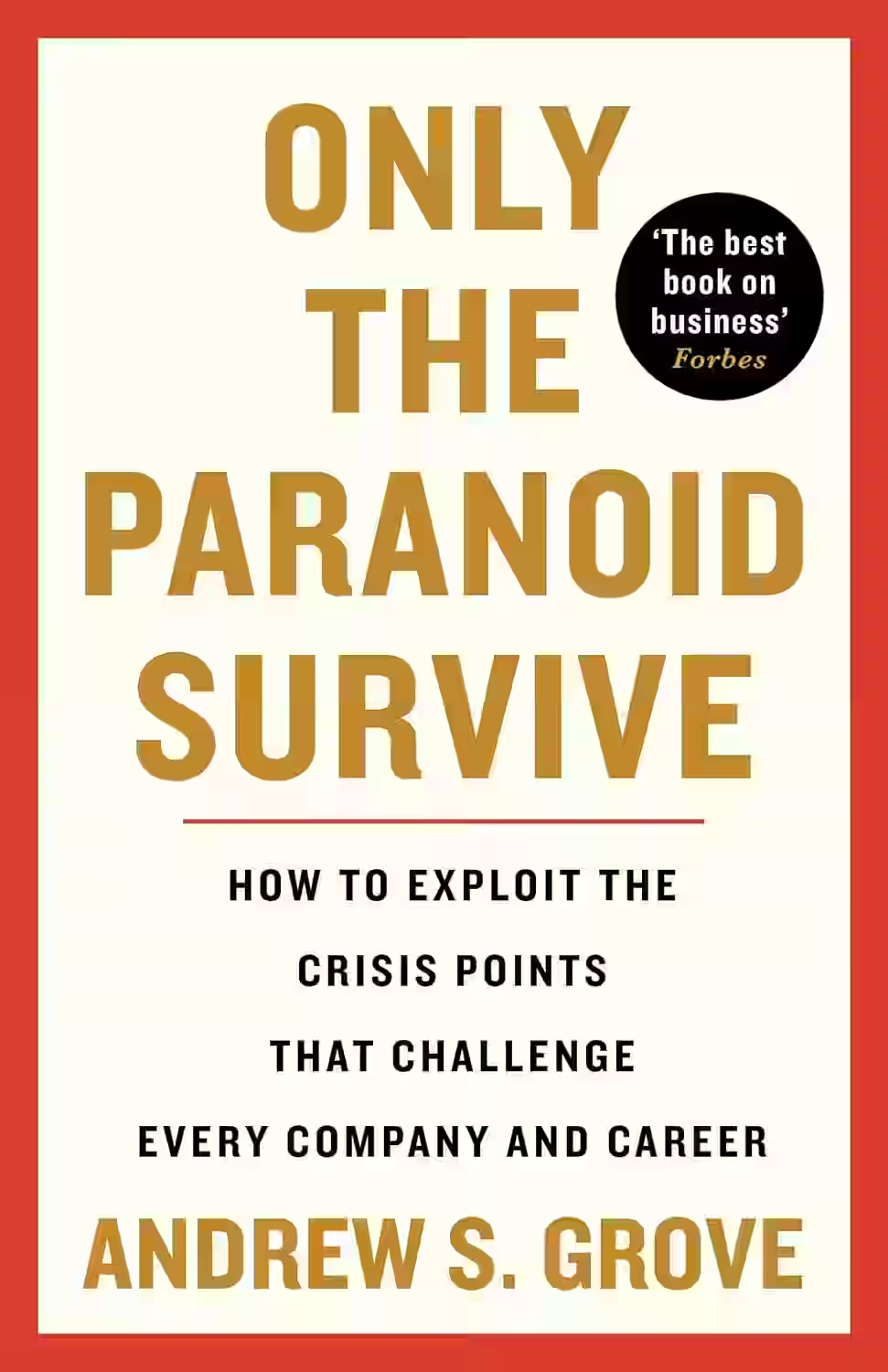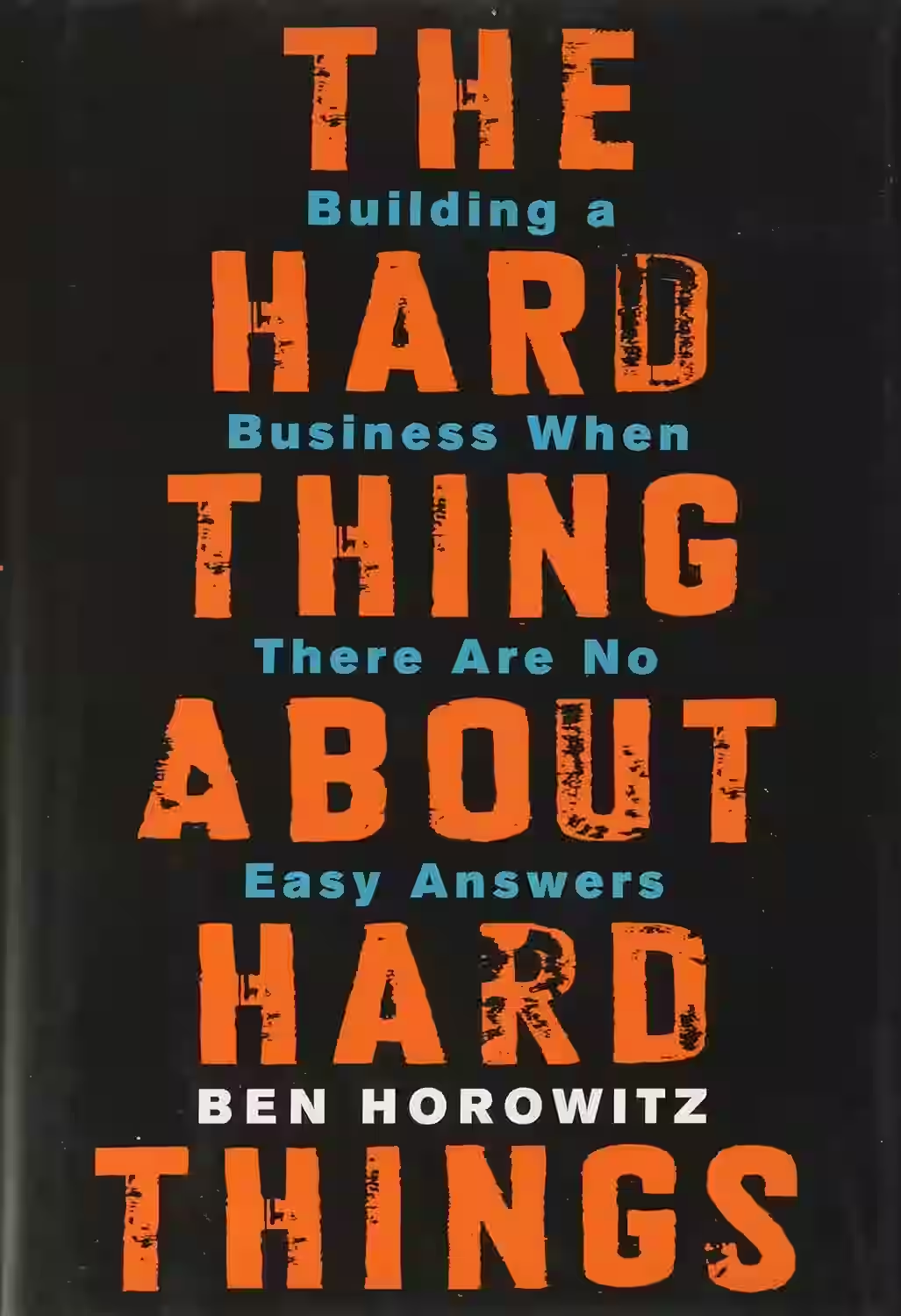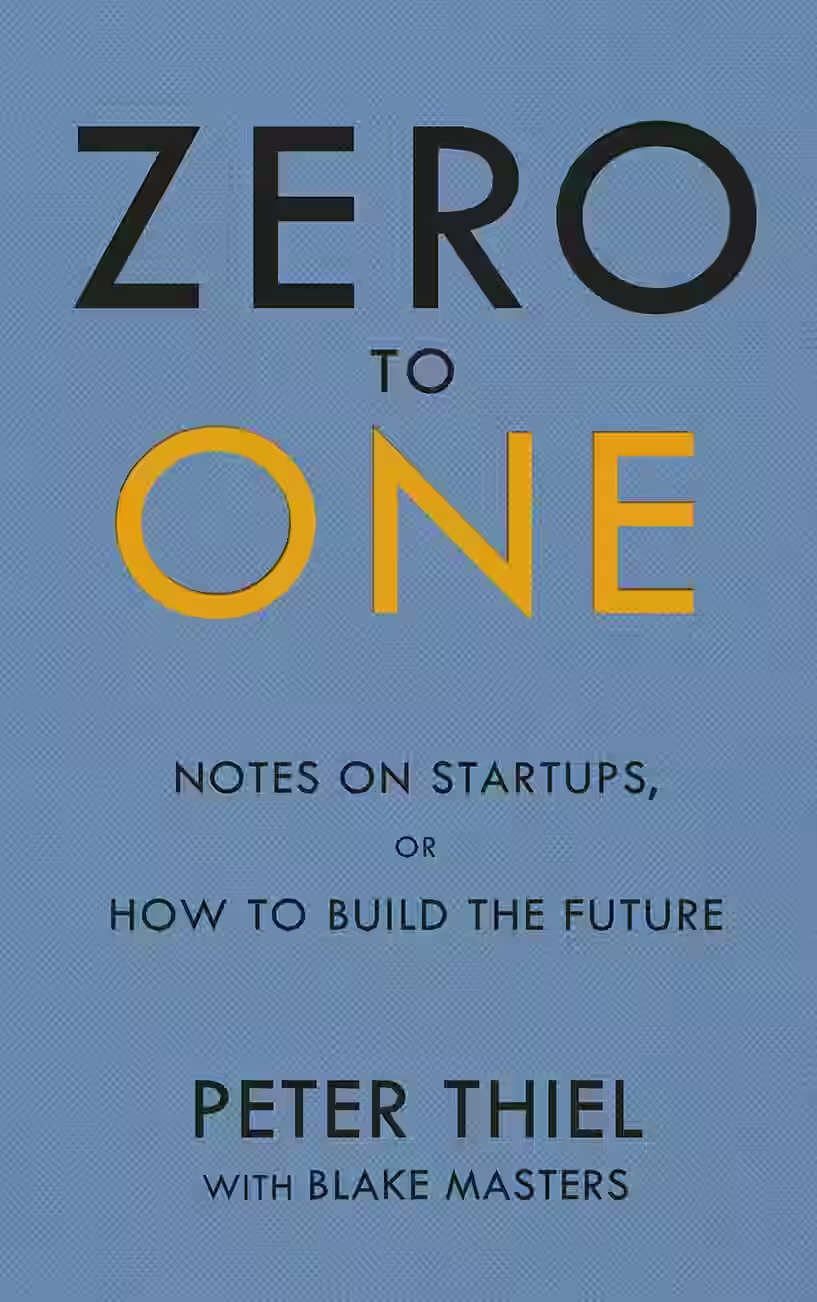
In 'High Output Management' by Andrew S. Grove, the former CEO of Intel shares his insights on effective management techniques. Grove delves into topics like team dynamics, decision-making processes, and how to boost productivity within an organization. He emphasizes the importance of setting clear goals, providing feedback, and fostering a culture of continuous improvement. Through real-world examples and practical advice, Grove offers valuable strategies for both new and experienced managers looking to enhance their leadership skills. This book serves as a timeless guide for understanding the intricacies of management and maximizing team performance.
About Andrew S. Grove
Andrew S. Grove was a Hungarian-American engineer, businessman, and author who co-founded Intel Corporation and served as its CEO and Chairman. Widely credited with driving Intel’s transformation into the world’s leading microprocessor company, Grove was also a thought leader in management and innovation. His book Only the Paranoid Survive introduced the concept of "strategic inflection points" and emphasized the need for adaptability in the face of disruption. A refugee and cancer survivor, Grove's leadership was marked by discipline, analytical rigor, and resilience. He left a profound legacy in both the tech industry and business leadership.
Other Books by Andrew S. Grove

Only the Paranoid Survive
In this business classic, Intel co-founder Andy Grove shares insights into managing “strategic inflection points”—critical moments that can make or break a company. Drawing from his experience leading Intel through seismic shifts in the tech industry, Grove emphasizes the importance of adaptability, vigilance, and courage. His core idea: constant change demands a mindset of healthy paranoia. Companies and leaders must be ready to pivot when conditions shift. Part memoir, part management manual, the book offers practical strategies for staying competitive, fostering innovation, and leading through uncertainty. It remains a must-read for entrepreneurs, executives, and strategic thinkers.
Similar Books

The Hard Thing About Hard Things
by Ben Horowitz
Ben Horowitz delivers a brutally honest, no-nonsense account of what it truly takes to build and run a startup. Drawing from his own experience as co-founder of Andreessen Horowitz and CEO of Opsware, Horowitz outlines the often-overlooked struggles: firing friends, managing morale, surviving downturns, and making impossible decisions. Rather than generic leadership tips, he offers hard-earned wisdom on navigating chaos and building a strong, resilient company. Larry Page praised the book for its candor and realism. It’s an essential read for entrepreneurs, CEOs, and managers who want insight into the harsh realities of leadership and long-term survival.

Zero to One
by Peter Thiel
In 'Zero to One,' Peter Thiel, co-founder of PayPal and Palantir, challenges conventional wisdom and offers valuable insights on building successful startups. Thiel emphasizes the importance of innovation and creating something unique (going from 'zero to one') rather than imitating existing models. He delves into the concept of monopoly power, highlighting how businesses can thrive by dominating a niche market. Thiel's entrepreneurial advice is both provocative and practical, encouraging aspiring entrepreneurs to envision the future and disrupt industries. This book is a thought-provoking read for anyone interested in entrepreneurship and innovation.

My Years with General Motors
In My Years with General Motors, Alfred P. Sloan recounts his leadership of one of America’s most iconic corporations during its rise to industry dominance. Serving as GM’s president, then chairman, Sloan details how he transformed the company through decentralized management, financial discipline, and strategic innovation. His memoir provides deep insight into corporate governance, organizational structure, and long-term planning. More than a personal narrative, the book is a blueprint for modern business practices and executive leadership. It has been widely studied by business schools and executives, offering timeless lessons on scale, efficiency, and adapting to change in a competitive marketplace.

Rework
by Jason Fried, David Heinemeier Hansson
Rework is a no-nonsense guide to building and running a business differently—smarter, leaner, and with less bureaucracy. Written by the founders of Basecamp, the book dismantles traditional startup myths and offers fresh advice on productivity, marketing, hiring, and growth. Each chapter is short and punchy, advocating for simplicity, speed, and authenticity. Rework encourages readers to launch quickly, ignore competitors, and focus on real value rather than business plans or investor pitches. Whether you're an entrepreneur, freelancer, or team leader, this book provides a practical, counterintuitive perspective on what really matters when creating something meaningful.